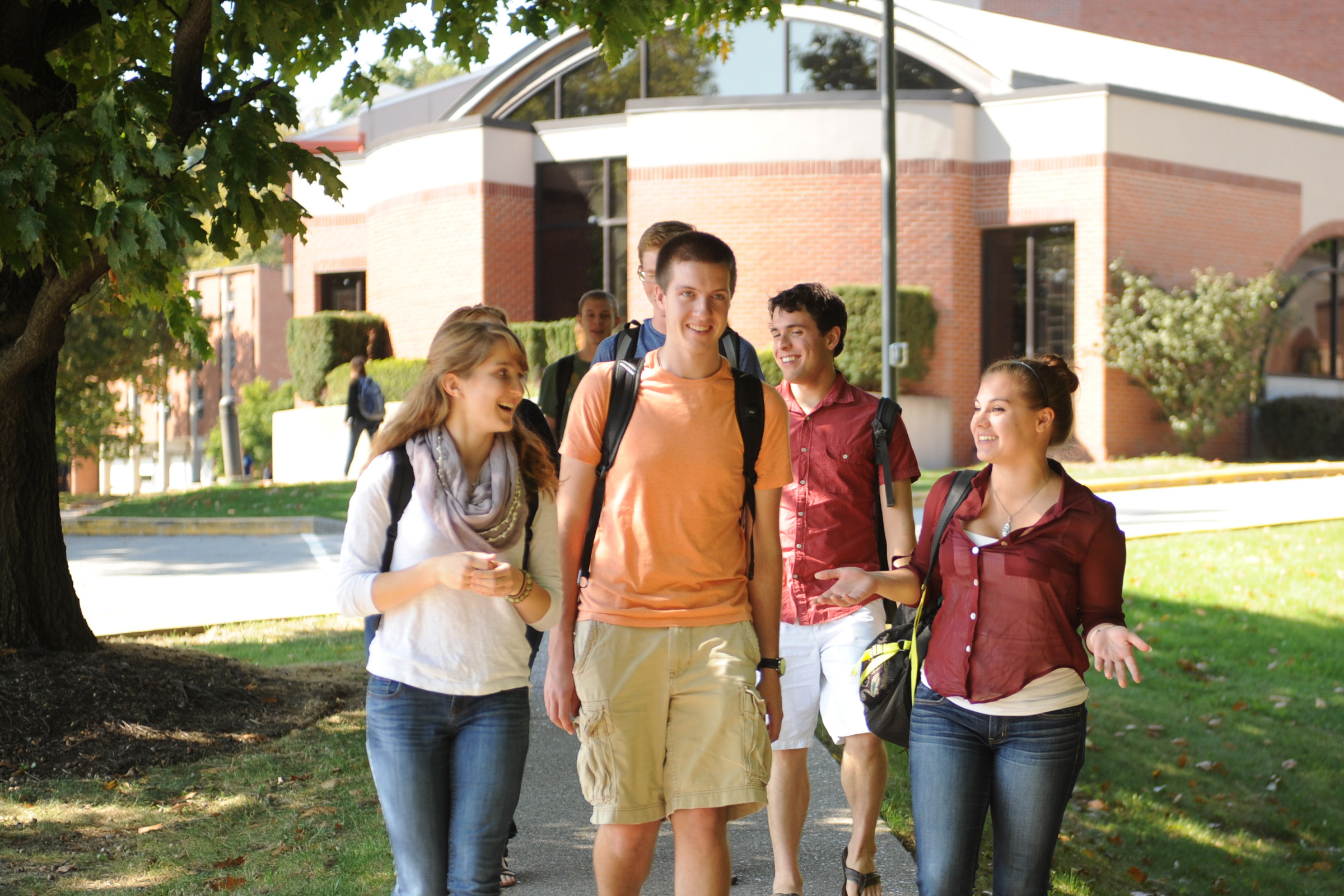

There is a strong connection between the fields of Biology and Psychology. Psychology is often defined as the study of the mind and behavior. Contemporary psychologists understand and teach that all processes of the mind are ultimately the result of the functions of the brain. As a result, changing the brain - either through disease, injury, surgery, pharmacology, or even naturally over time - changes our minds and the way we think, feel, behave, and ultimately perceive and understand our world. Understanding the connection between biology and behavior is critical in any health-related field involving patient interaction, but it is of particular importance in the areas of mental health and neuroscience.
Required Courses (15 credits):
PY 100 Introduction to Psychological Science - 3 credits
PY 331 Biological Psychology - 3 credits
BL 150 General Biology I - 3 credits
BL 151 General Biology I Lab - 1 credit
BL 152 General Biology II - 3 credits
BL 153 General Biology II Lab - 1 credit
BL XX any 200 Level Biology lab course - 1 credit
Clustered Courses (6 credits): For courses in this category, students are not allowed to count toward the minor courses housed in their own major department.
Psychology Cluster (for non-Psychology majors):
PY 250 Chemical Dependency2 - 3 credits
PY 308 Cognitive Psychology - 3 credits
PY 309 Learning - 3 credits
PY 322 Health Psychology1 - 3 credits
PY 333 Sensation and Perception - 3 credits
PY 382 Psychological Assessment - 3 credits
Biology Cluster (for non-Biology majors):
BL 220 Comparative Vertebrate Anatomy1 - 3 credits
BL 222 Developmental Biology - 3 credits
BL 226 Neuroscience - 3 credits
BL 228 Wildlife Biology
1 – These courses can be applied to an Allied Health Concentration of the Integrated Sciences Major or the Minor in Biological Psychology, but not both.
2 – The designation of Chemical Dependency changes from a Sociology course to a Psychology course in fall 2018.
The Student Learning Outcomes for the Minor in Biological Psychology are derived from the American Psychological Association Guidelines for the Undergraduate Psychology Major and the Student Learning Outcomes of the Saint Vincent College Biology Department. These outcomes are: